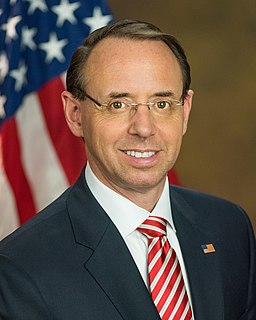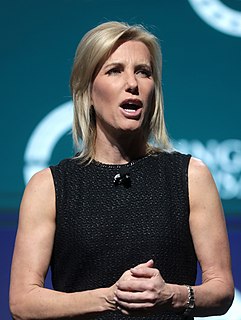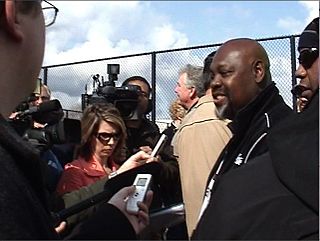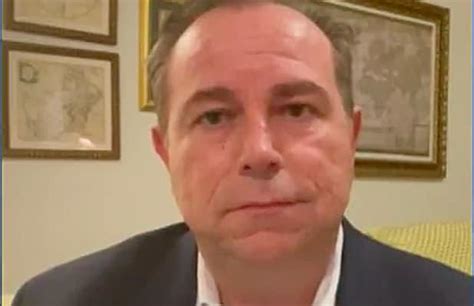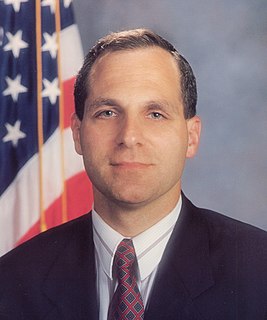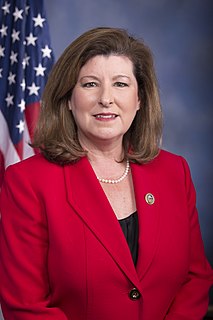A Quote by Rod Rosenstein
Although the president has the power to remove an FBI director, the decision should not be taken lightly.
Related Quotes
FBI directors serve at the pleasure of the president, but they often have terms that transcend partisan transfers of power at the White House. Firing an FBI director is a major problem from the point of view of a president who is already facing significant questions about investigations already underway.
The president has a duty and a right to oversee the FBI, and you know, he properly delegate the law enforcement to the FBI and try to insulate it from politics. But that's not to curb the president's authority over the FBI. So if he wants to meet with the FBI and give his opinion or even talk about his hopes, if indeed, he said that, he has every right to do so.
The people have only a very vague direct power. They have the power of voting against the administration, again after its decisions have been taken; but they have no way of getting into the question of policy-making, decision-making, except insofar as the vague forces and pressures of public debate and public opinion have their impact on the President. The President still has to decide. He can't go to the people and ask them to decide for him; he has to make the decision. In that sense he was condemned to be a dictator.
My experience is that the director of the FBI is particularly important to just how aggressive an investigation will be into an issue. And once you remove James Comey, it creates a vacuum at the top. And the fundamental issue will be whether or not there is support at the highest levels within the FBI to continue to conduct that investigation. That's going to be the question mark.
The most important thing to me is that the president Donald Trump fired the FBI director James Comey all because of the Russia investigation. That first justification given, again, the White House misleading the country about a major action the administration was taking, but the fact that they had a private conversation in which the president, by his own admission, was discussing the future of Director Comey in that job, and the president brings up whether he is under investigation, highly unethical, at a minimum, unethical.
